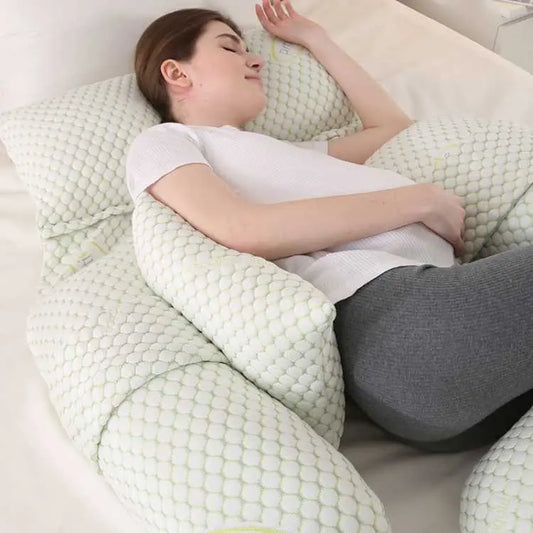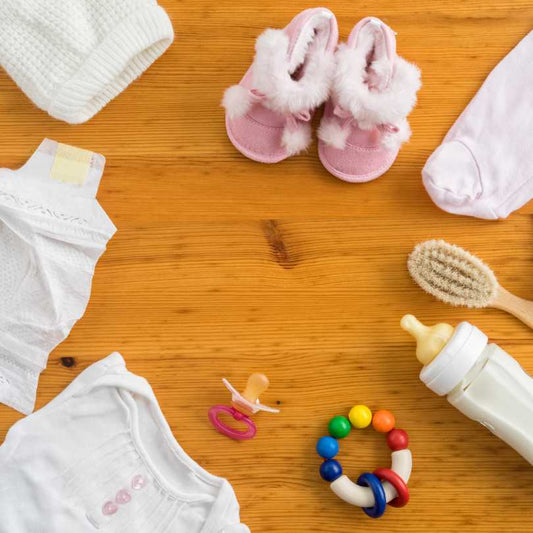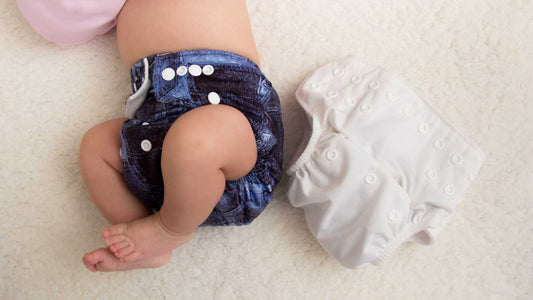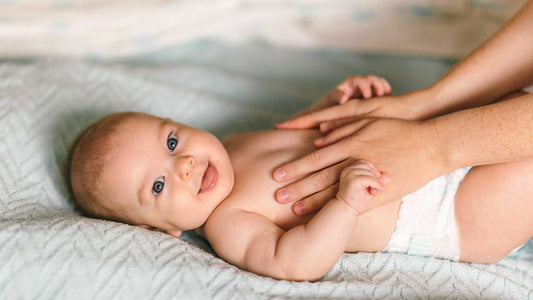
Babywearing is a wonderful way to create closeness and bonding. It allows the parent to hold their baby close while keeping their hands free to perform other tasks. One special type of babywearing is face-to-face carrying, also known as front-facing carrying.
Advantages of front-facing wear
Front-facing carrying offers a number of benefits for parents and babies. Here are some of the key advantages:
Closeness and bonding
One of the greatest benefits of front-facing carrying is the closeness and bonding it enables. Being face-to-face with the carrier allows the baby to establish eye contact and feel safe and secure. This is especially important in the first few months of life, when babies spend a lot of time exploring and learning about the world around them.
interaction
Front-facing carrying allows the baby to interact directly with the wearer. They can see the wearer's face, hear their voice, and respond to their movements. This is a great way to build baby's confidence and encourage communication skills.
Freedom
Front-facing carrying allows the wearer to keep their hands free to perform other tasks. This is especially useful for parents on the go or with multiple children. It can also be helpful when the baby needs a break from the stimulating environment and needs to be calmed.
How to choose a baby carrier
If you're interested in carrying your baby face-to-face, it's important to choose a suitable baby carrier. Here are some things to consider:
Fit
It is important that the baby carrier fits well in order to To provide comfort for you and your baby. Check that you're getting a good fit by making sure you choose the right size and that your baby is securely and comfortably attached to your body. Also, check that the carrier is adjustable to ensure the best fit for you and your growing baby.
Portability
Consider how long you plan to use the carrier and choose one that's comfortable for extended periods. Also, check that the carrier offers weight distribution and back support to keep you and your baby comfortable.
Security
Check that the carrier is tested and certified to ensure it meets safety standards. Make sure the baby is securely and safely attached to your body, and that the connections and straps are secure and stable.
Compatibility with the baby's age
Some carriers are better suited for newborns, while others are more suitable for older babies. Check that the carrier supports your baby's age and weight and choose one that's appropriate for your needs.
Personal style
Choose a baby carrier that suits your personal style and needs. There are a variety of designs, colors, and styles to choose from, so you shouldn't have trouble finding one that suits you.
Consider these factors to choose a baby carrier that will provide comfort and safety for you and your baby.Don't forget that it is also important to read and follow the manufacturer's instructions carefully to ensure you use the carrier correctly.




